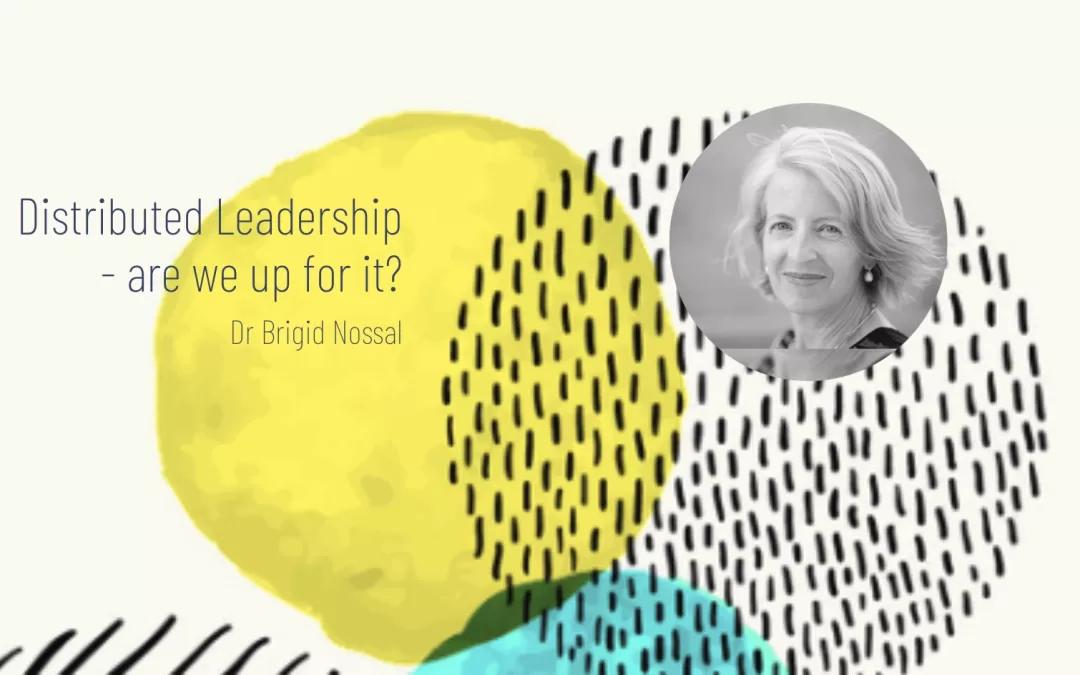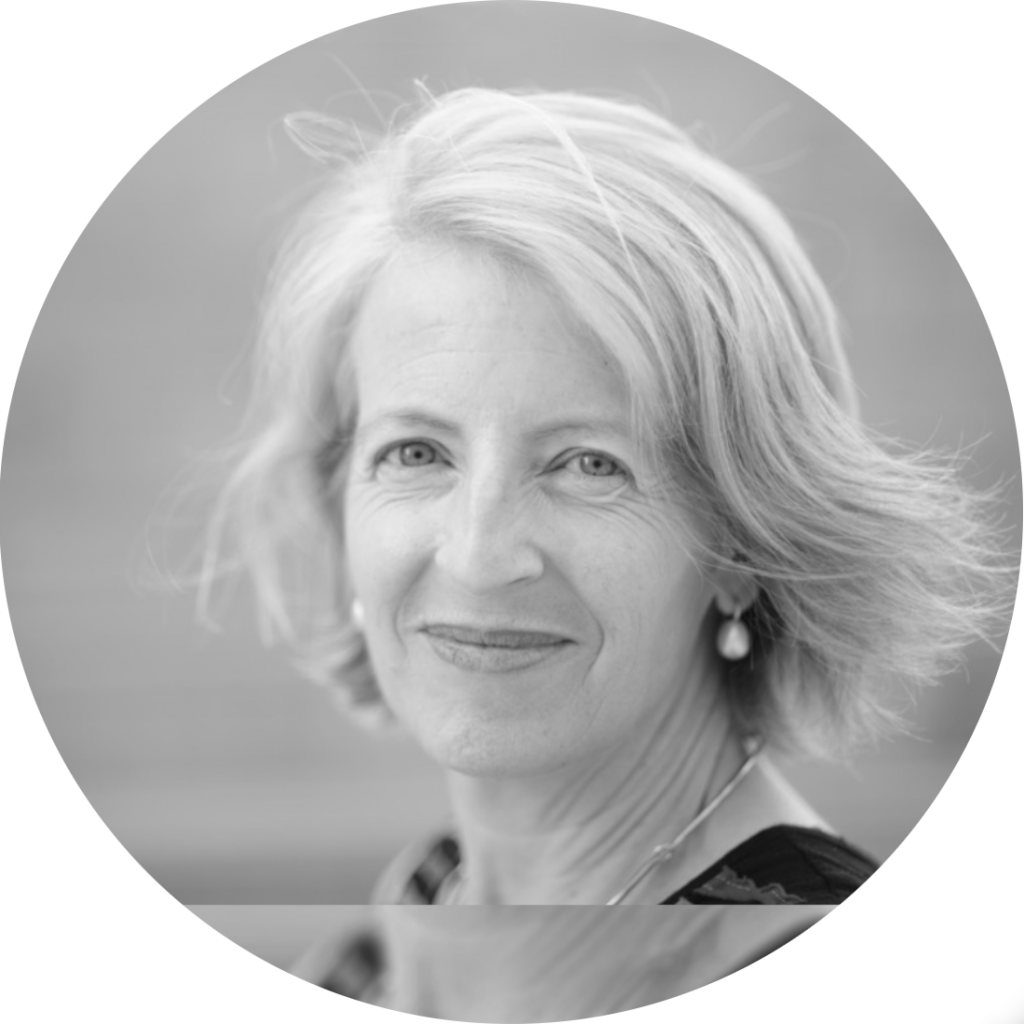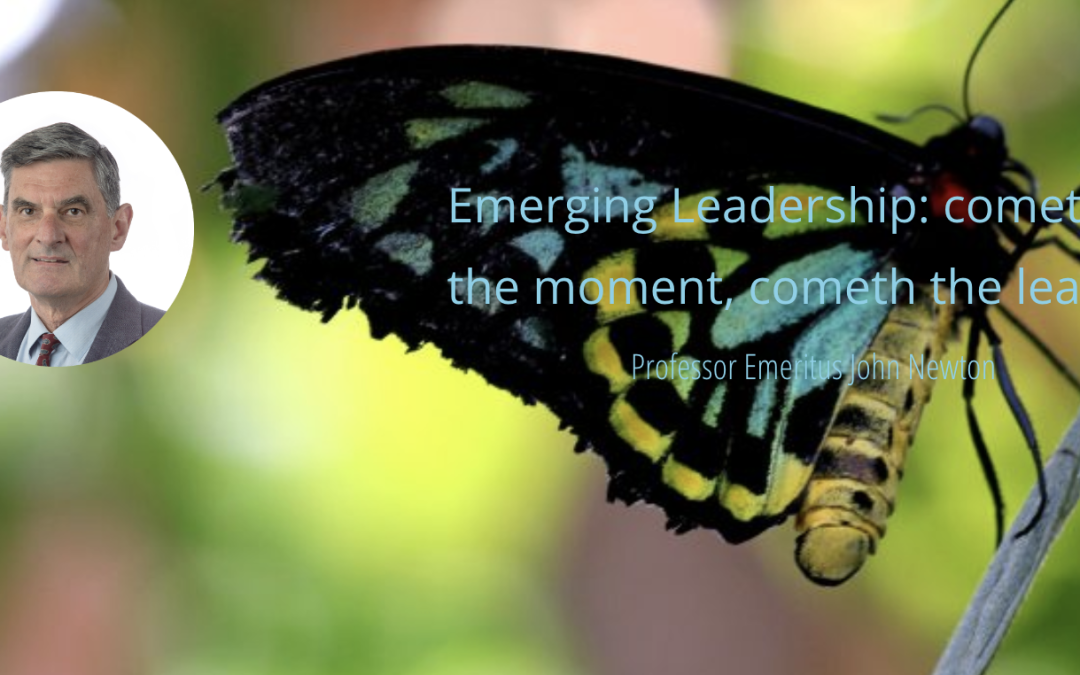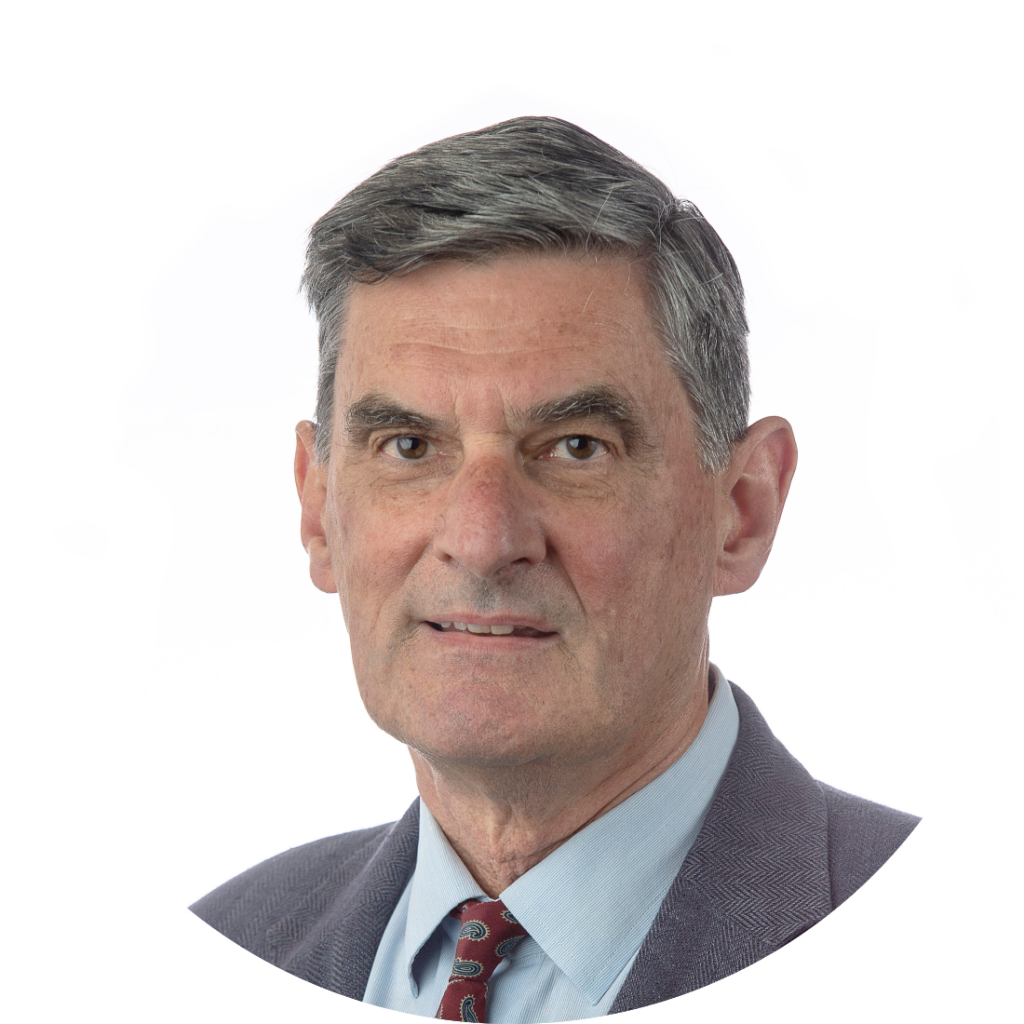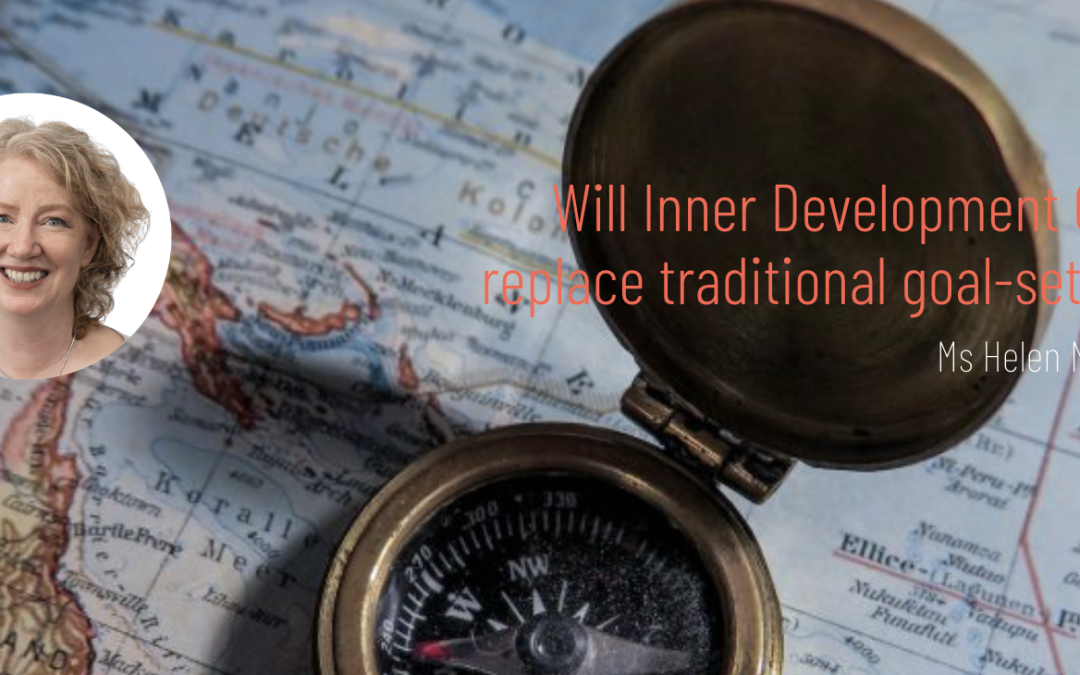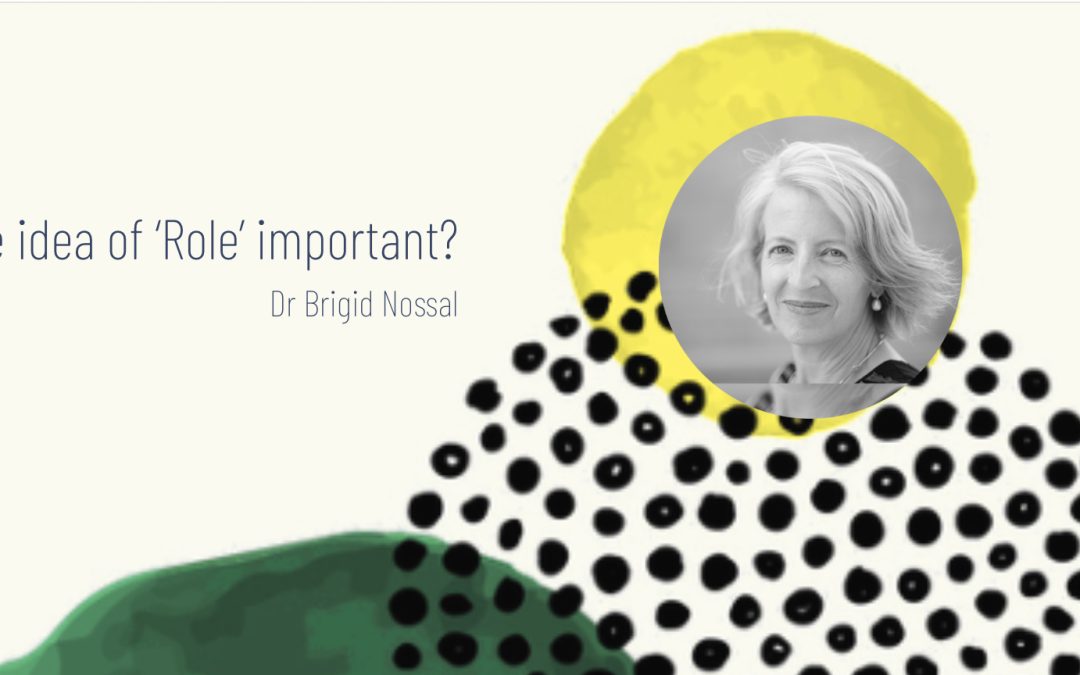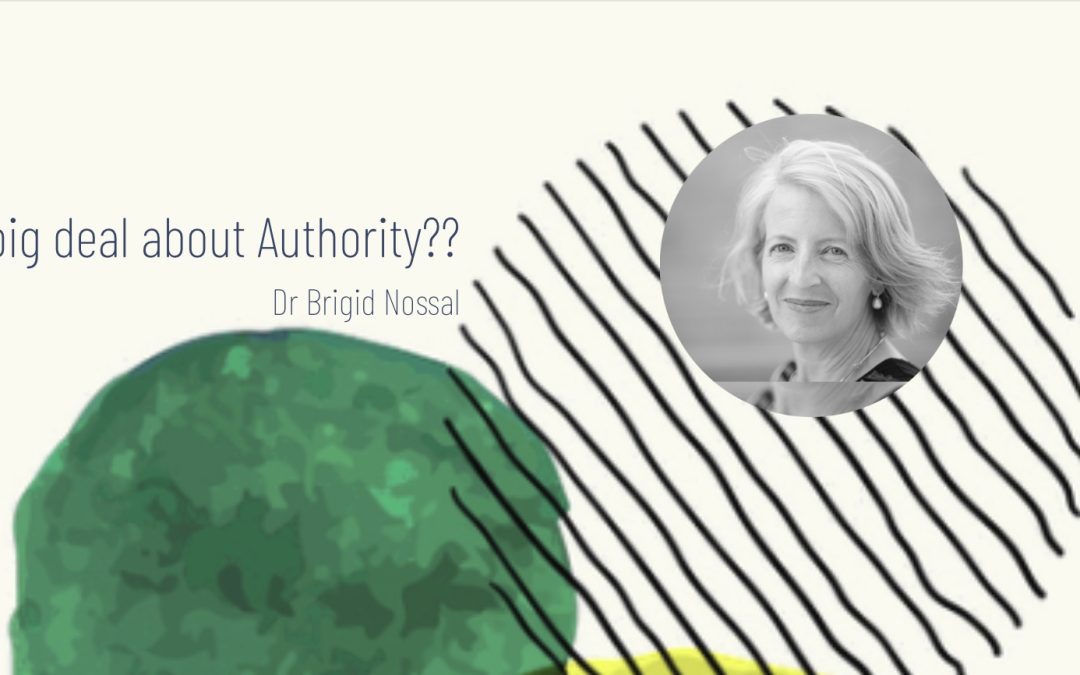
Exploring the Experience and Theory of Collective Leadership
Exploring the Experience and Theory of
Collective Leadership
Professor Russ Vince
📆 Friday 1 December 2023
The pandemic and its aftermath have brought about changes to the way it is necessary for leadership to be taken up in organisations. Top-down vertical hierarchies have never been more challenged or challenging to work within – burnout is rife. People’s experience of their own and other’s authority in their work roles has been indelibly transformed. This workshop offers a lens to consider alternate ways of leading in organisations.
Exploring the Experience and Theory of Collective Leadership
Most people associate leadership in organisations with the behaviour and actions of key individuals, leadership that is distributed, shared and collective is often undervalued and misunderstood. Collective leadership, defined as ‘influence that stems from more than a single individual’, offers a lens through which to view interpersonal relationships (leadership residing in the group) and system dynamics (leadership residing in the system). It can also be understood as an approach that highlights the plural nature of leadership in practice.
In this workshop, Professor Russ Vince will explore current thinking about collective leadership. Professor Vince will present his recent research on collective emotion and collective leadership and will create an opportunity for participants to experience and reflect on collective leadership in groups.
The aim of the workshop is to explore and experience collective leadership together,
and to reflect on its relevance for contemporary organisations.
At the completion of this full-day workshop you will have:
- understood some of the thinking that underpins collective leadership
- reflected on the practice of collective leadership, and
- experienced the dynamics of collective leadership in a group.
The workshop is designed to encourage individual and collective learning on collective leadership.
What’s included in this one-day workshop?
After an interactive introduction to the concept of collective leadership, Russ will share some recent research on collective leadership in the context of the 2017 Californian wildfires. This will set the scene for experiential group work, which offers an opportunity to study collective leadership together within the workshop group.
Who should attend this immersive workshop?
This workshop is designed for NIODA community members, students, PhD candidates, researchers, leaders, managers and consultants who want to expand their knowledge of leadership in the plural.
Exploring the Experience and Theory of Collective Leadership
Day(s)
:
Hour(s)
:
Minute(s)
:
Second(s)
📆 Date
Friday 1 December 2023
⏰ Session Time
9.30 am – 4.30 pm 🇨🇰 Melbourne
10.30 pm – 5.30 am (eek!) 🇬🇧 London
5.30 pm – 12.30 am 🇺🇸 New York
6.30 am – 1.30 pm 🇸🇬 Singapore
💷 For only
AUD $900
NIODA PhD Candidates and Students AUD $700 each
👩🏻💻 Location
Bourke Street, Melbourne and hybrid live interactive online
Exploring the Experience and Theory of Collective Leadership
leadership development workshop with Professor Russ Vince
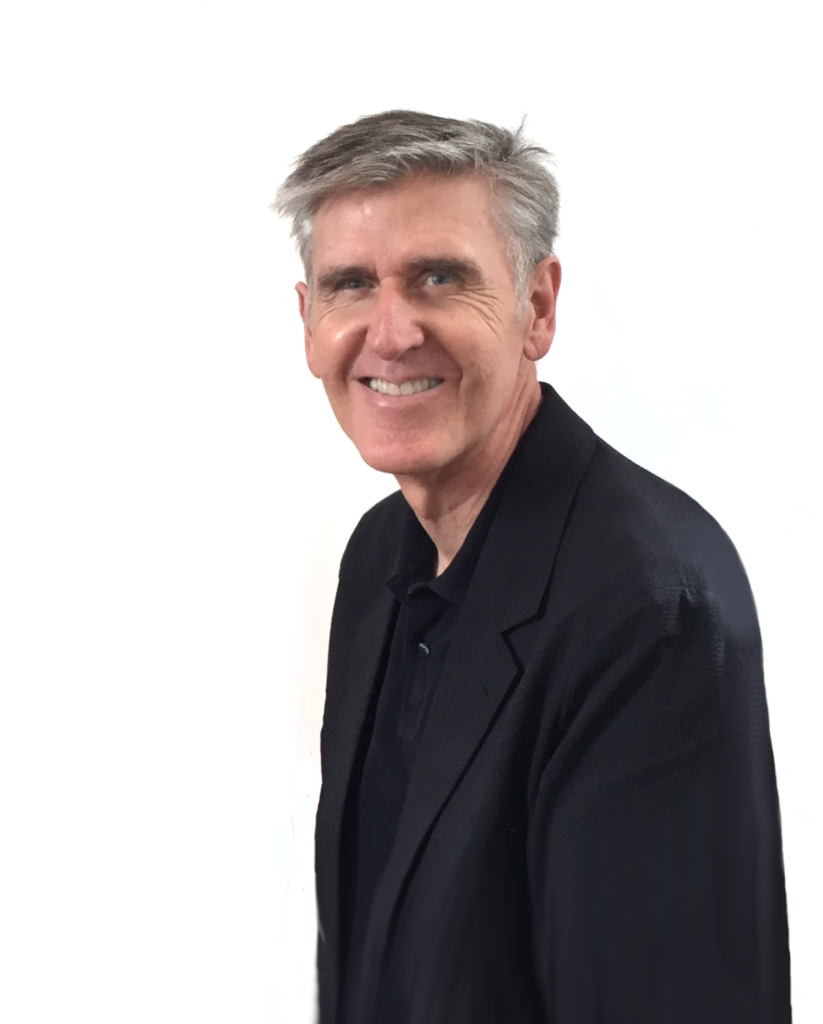
Professor Russ Vince
Russ Vince is Professor Emeritus at the School of Management, University of Bath, UK and Honorary Professor of Management at the University of St Andrews, UK. The focus of his research is on management learning and education, the organization of reflection, emotions in organizations and institutions, leadership development, and systems psychodynamics. His research has been published in leading academic journals, including the Academy of Management Review, Academy of Management Learning and Education, Journal of Management Studies, Organization Studies, Human Relations, British Journal of Management, and Management Learning. Russ is a former Editor-in-Chief of Management Learning and a former Associate Editor of the Academy of Management Learning and Education (AMLE) journal. In addition to his research, Russ has led developments in the application of psychodynamic experiential learning in Business and Management Schools. Russ is an Academic Staff Member of NIODA’s PhD program, where he leads the Research Design and Methods module.
.
About NIODA
The National Institute of Organisation Dynamics Australia (NIODA) offers internationally renowned post-graduate education and research in organisation dynamics, and decades of experience consulting with Australian organisations.
The study of organisation dynamics brings together socio-technical and psychoanalytic disciplines to explore the unconscious dynamics that exist in every group, team or organisation. Learning more about these theories, and reflecting on the experience of them, can support leaders and managers to unlock great potential in their organisations, tackling issues through a whole new light.
PO Box 287, Collins Street West,
Melbourne 8007 Australia
+61 (0) 414 529 867
info@nioda.org.au
NIODA acknowledges the Kulin Nations, and respective Traditional Custodians of the lands we work on.
We pay our respects to Elders past and present, and recognise their enduring sovereignty which has, and continues to, care for Country.
NIODA welcomes the Uluru Statement from the Heart’s invitation to walk with Aboriginal and Torres Strait Islander peoples in a collective movement for a better future.

